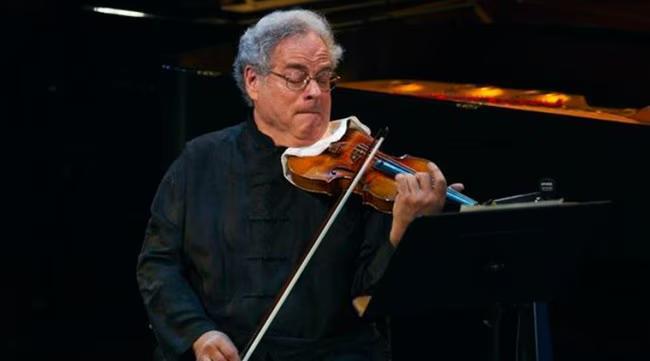
Old Adults Who Play Music Instruments Have Healthier Brains: Study
Music has long been touted as a universal language, capable of transcending borders, cultures, and generations. But a recent study published in the PLOS Biology journal has taken that notion to the next level, revealing that older adults who play musical instruments have healthier brains than their non-musical counterparts.
The study, which analyzed the cognitive abilities of 50 adults, 25 with musical training and the other half without, alongside 24 young people with no musical experience, has shed new light on the impact of music on the brain health of older adults.
According to the study, the older non-musicians showed signs of age-related cognitive decline, characterized by reduced memory, attention, and processing speed. On the other hand, the older musicians and the younger participants without musical training did not exhibit these cognitive decline symptoms.
This finding is significant, as it suggests that engaging in musical activities can help mitigate the effects of aging on the brain. With the global population aging rapidly, this research has far-reaching implications for the prevention and treatment of age-related cognitive decline.
But how exactly does playing music affect the brain? The study’s lead author, Dr. Nina Kraus, suggests that it is not just the act of playing music that is beneficial, but also the neural connections that are formed and strengthened through the process.
“When you play music, you’re engaging multiple cognitive systems, including attention, working memory, and processing speed,” Dr. Kraus explained in an interview with the journal. “These systems are all interconnected, and when you practice music, you’re strengthening the connections between them.”
This strengthening of neural connections is thought to occur through a process called neuroplasticity, which refers to the brain’s ability to reorganize and adapt in response to new experiences. By engaging in musical activities, older adults may be able to stimulate their brains and promote the growth of new neurons and neural connections.
But what about the younger participants who did not engage in musical activities? Why did they not exhibit cognitive decline symptoms? According to the study, this may be due to the fact that their brains are still developing and are more resilient to age-related changes.
“Young people’s brains are still in a state of rapid development, and they’re more able to adapt and compensate for changes,” Dr. Kraus explained. “As we age, our brains become less able to adapt, and that’s when we start to see the effects of cognitive decline.”
The study’s findings have significant implications for the prevention and treatment of age-related cognitive decline. By engaging in musical activities, older adults may be able to delay or even prevent the onset of cognitive decline symptoms.
This is not to say that music is a cure-all for age-related cognitive decline. However, it does suggest that music may be a valuable adjunct to traditional therapies and interventions.
“In addition to the cognitive benefits, playing music can also have a positive impact on mood, social connections, and overall well-being,” Dr. Kraus noted.
As the global population continues to age, it is essential that we prioritize brain health and develop effective interventions to prevent and treat age-related cognitive decline. The study’s findings suggest that music may be a valuable tool in this effort, and it is an area that warrants further research and exploration.
In conclusion, the study published in the PLOS Biology journal has revealed that older adults who play musical instruments have healthier brains than their non-musical counterparts. By engaging in musical activities, older adults may be able to stimulate their brains, promote the growth of new neurons and neural connections, and delay or prevent the onset of age-related cognitive decline symptoms.
As we look to the future, it is clear that music will continue to play a vital role in our lives, not just as a source of entertainment, but also as a tool for promoting brain health and well-being.
Source:






